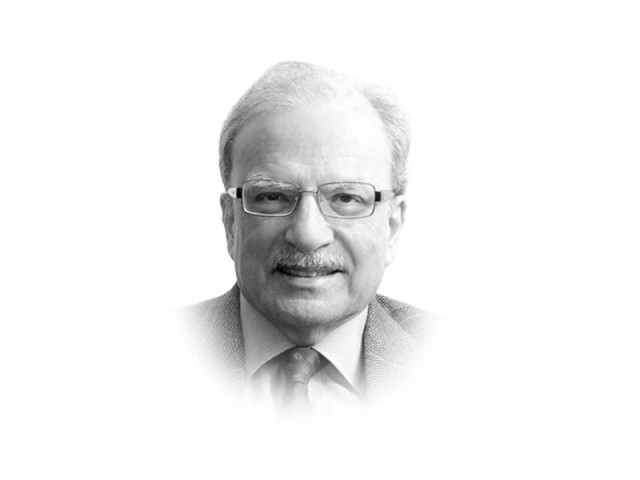Know thy neighbour
India and Pakistan need to understand how policymaking process works across the border.

Know thy neighbour
The second important aspect of this process is that the Indian states and the Pakistani provinces that would be affected as normalisation proceeds have not been directly involved in the discussions. When the bulk of the trade begins to flow over land-routes, the provinces on the Pakistani side of the border and the states on the Indian side will need to be included in the contemplated changes. Third, a framework will be needed to move the process forward. It is interesting that much of the work that has been done, to-date, was undertaken outside the Saarc and South Asian Free trade Area arrangements. However, if the process also brings in countries other than India and Pakistan, as it must, a multilateral framework would be required.
Now that India and Pakistan are inching towards closer economic relations, it would be useful if each country understood well how the policymaking process works across the border. The Indian system has been democratic virtually from the day the country started out as an independent state. Pakistan, on the other hand, has ridden a political roller coaster, trying and discarding many systems. It is only during the five-year period since the beginning of 2008 that a durable democratic political order has been shaped. Both countries are now democratic, India more so than Pakistan. Both are evolving rapidly but in doing so are moving in different directions. It is important to understand where they are going in order to appreciate the relationship that will develop over time in the area of economics.
As political scientists point out, calling a political system democratic means more than recognising that those who wield policymaking power do so as the elected representatives of the people. Holding periodic elections to choose those who will govern is only one part of the political process. A political order is also defined by the location of the policymakers. This is what distinguishes a highly centralised system from the one that is federal. At this point in time, both India and Pakistan are federal systems but that is where the similarity ends. Political power is much more disbursed in India than is the case in Pakistan. This difference will deeply impact the development of economic ties between the two countries as they evolve.
The states in India at this time are important economic actors. The economic choices they make are determined more by the local political establishment than by those who govern in New Delhi. This is one reason why there are vast differences in the economic performance of the states, as well as in the economic systems that have been adopted by them. Gujarat, for instance, has given the private sector much greater space within which it can operate. West Bengal, on the other hand, has a much more intrusive government. This reflects the very different histories of the two states. Gujarat has some well-established industrial and business houses that became prominent players, not only in the state, but in all of India. West Bengal was long governed by a coalition of Left parties led by the Communist Party of India (Marxist), which saw the government as the leading player in the economy.
In Pakistan, in spite of the passage of the Eighteenth Amendment to the Constitution that allowed the provinces much greater authority in economic matters, policymaking has remained highly centralised. Not only does Islamabad remain the most important policymaker, most important policies are taken by the presidency. If the Eighteenth Amendment were to be interpreted literally, it would have created a presidency akin to the one that exists across the border in India. The president would have become a figure head, with most of the power in the hands of the prime minister, answerable to parliament. That has not happened. In India, the constitution also sees the prime minister as the most important policymaker. That, however, is not the case at present. Much of the power resides in the hands of the leader of the Congress Party that governs as the leader of the ruling coalition in New Delhi. In both cases, these are departures from the Constitutions that clearly give governing authority to the head of the government — the prime minister — not the head of the state; which is the president. Why that has happened is an important answer to determine in order to understand which way the two systems may be proceeding. I will take up this question next week.
Published in The Express Tribune, September 17th, 2012.















COMMENTS
Comments are moderated and generally will be posted if they are on-topic and not abusive.
For more information, please see our Comments FAQ